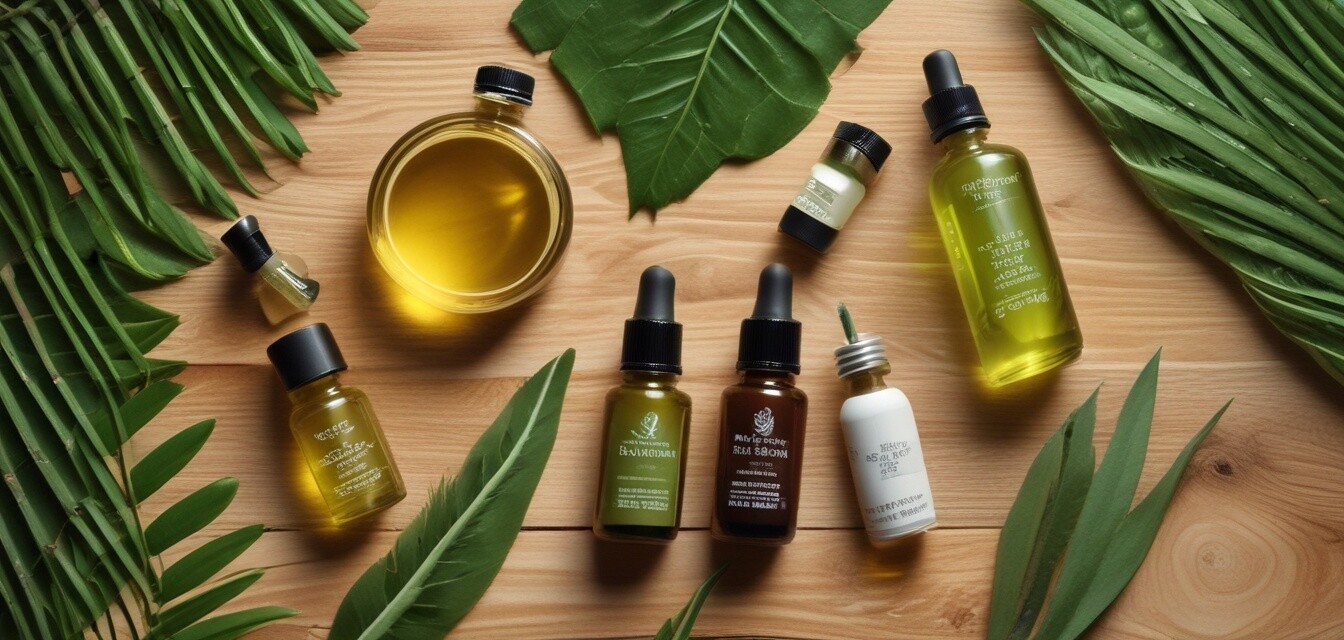
The best natural ingredients for acne-prone skin
Key Takeaways
- Natural ingredients can effectively manage acne symptoms and soothe skin irritation.
- Look for anti-inflammatory and antibacterial properties in skincare products.
- Always consider your skin type and test for allergies before using new products.
- Organic skincare options often prioritize sustainable and non-toxic ingredients.
- Understanding ingredient labels is essential for selecting the right products.
Acne is a common skin concern for many women, regardless of age. While various treatments are available over-the-counter or via prescription, turning to nature for relief can be a safer and gentler approach. In this guide, we will explore the best natural ingredients to look for in organic skincare products that can help treat and manage acne-prone skin.
Why choose natural ingredients?
Natural ingredients often come with fewer side effects compared to synthetic alternatives. Many synthetic skincare products can irritate sensitive skin, while natural products aim to nourish and balance your complexion. Here are some reasons why natural ingredients might be beneficial for acne-prone skin:
- They typically contain vitamins and minerals that promote skin health.
- Many have anti-inflammatory properties that help reduce redness and swelling.
- Natural ingredients can aid in regulating oil production.
- They are often less irritating for sensitive skin types.
Top natural ingredients for acne-prone skin
Here are some powerhouse ingredients you should look for in your skincare regimen:
| Ingredient | Description | Benefits |
|---|---|---|
| Tea Tree Oil | Extracted from the leaves of the Melaleuca alternifolia plant. | Contains antibacterial properties that help reduce acne-causing bacteria. |
| Aloe Vera | A succulent plant known for its soothing properties. | Helps soothe irritation and hydrate skin without clogging pores. |
| Witch Hazel | A natural astringent derived from the leaves and bark of the witch hazel shrub. | Reduces inflammation and can help decrease excess oil on the skin. |
| Green Tea | A popular beverage rich in antioxidants. | Contains anti-inflammatory properties and may help reduce sebum production. |
| Jojoba Oil | A natural oil that closely resembles human skin sebum. | Moisutrizes the skin without clogging pores and can help balance oil production. |
| Honey | A natural humectant known for its moisturizing qualities. | Has antibacterial properties and can help promote healing of acne lesions. |
How to incorporate these ingredients
When searching for organic skincare products, look for the above natural ingredients in the formulation. It's often beneficial to combine products, such as using a cleanser containing tea tree oil alongside a moisturizer with aloe vera.
Remember to patch-test new products to ensure they work well with your skin type. You can find a variety of products that incorporate these ingredients in our exfoliators & masks and moisturizers & serums.
Understanding ingredient labels
It's crucial to know what to look for on product labels. Here's how to navigate them effectively:
- Check for ingredient sources; prioritize organic certifications.
- Look for shorter ingredient lists consisting of natural substances.
- Avoid products with harsh chemicals that can irritate sensitive skin.
- Research ingredients that might be new to you to understand their effects.
Wrapping up
Choosing the best natural ingredients for acne-prone skin requires a little effort, but it can lead to healthier, more radiant skin. By selecting organic products, you can ensure you're using safer options that work with your body's natural processes rather than against them. For more tips and guidance, check out our other articles on skincare routine tips and latest trends in organic skincare.
Pros
- Natural ingredients are often gentler on the skin.
- Many have antibacterial and anti-inflammatory properties.
- They can nourish and balance the skin.
- Reduced risk of side effects compared to synthetic products.
Cons
- Some natural ingredients may not work for everyone.
- Effectiveness may vary based on skin type.
- Formulations may be less potent than pharmaceutical options.


